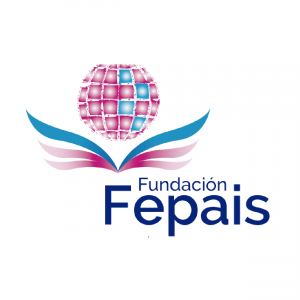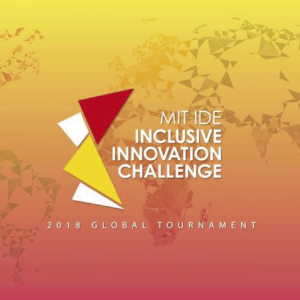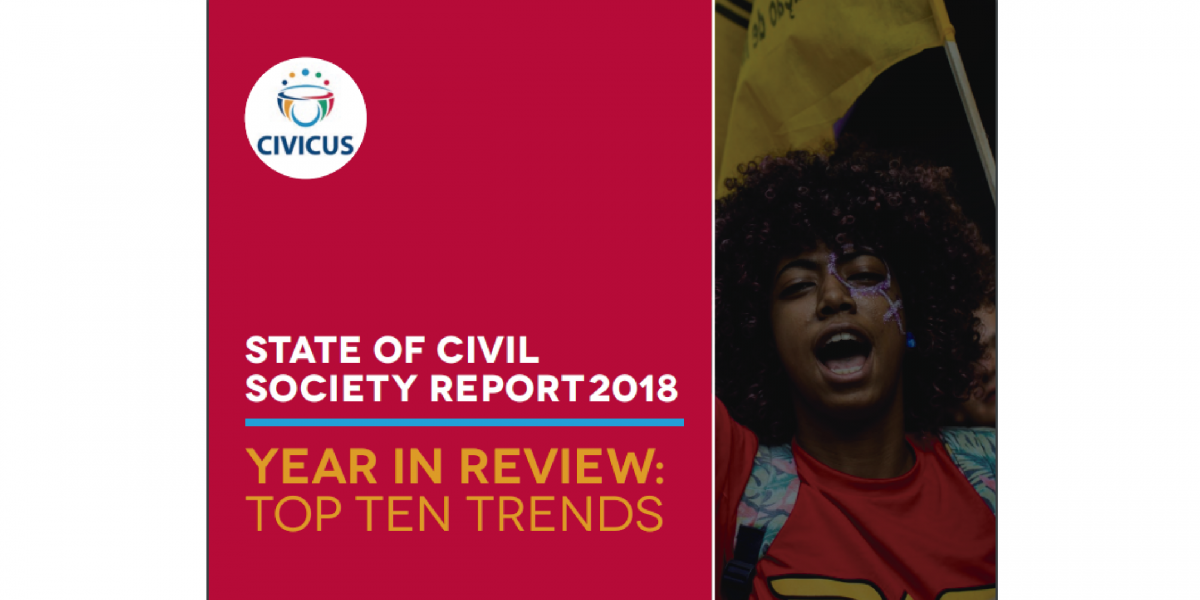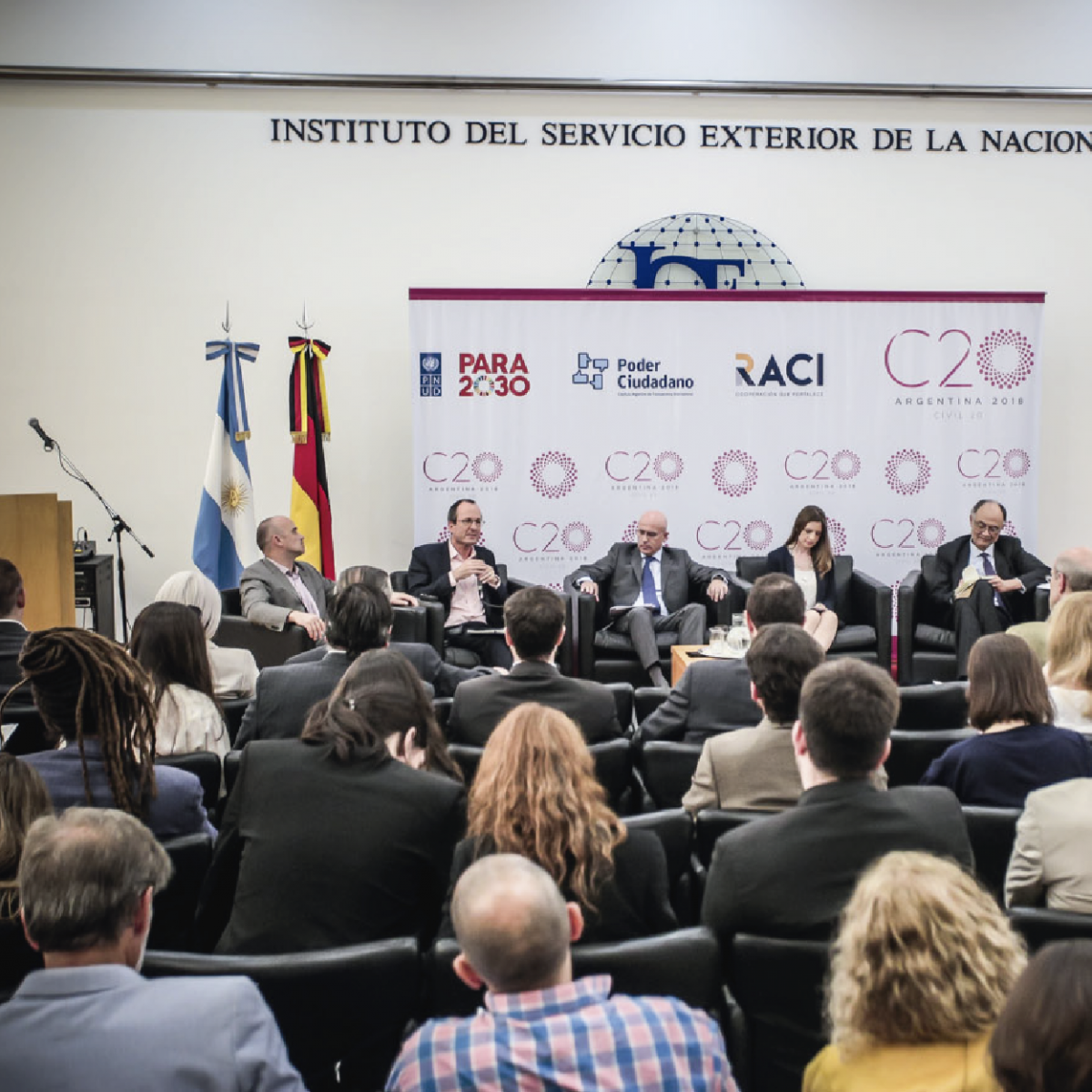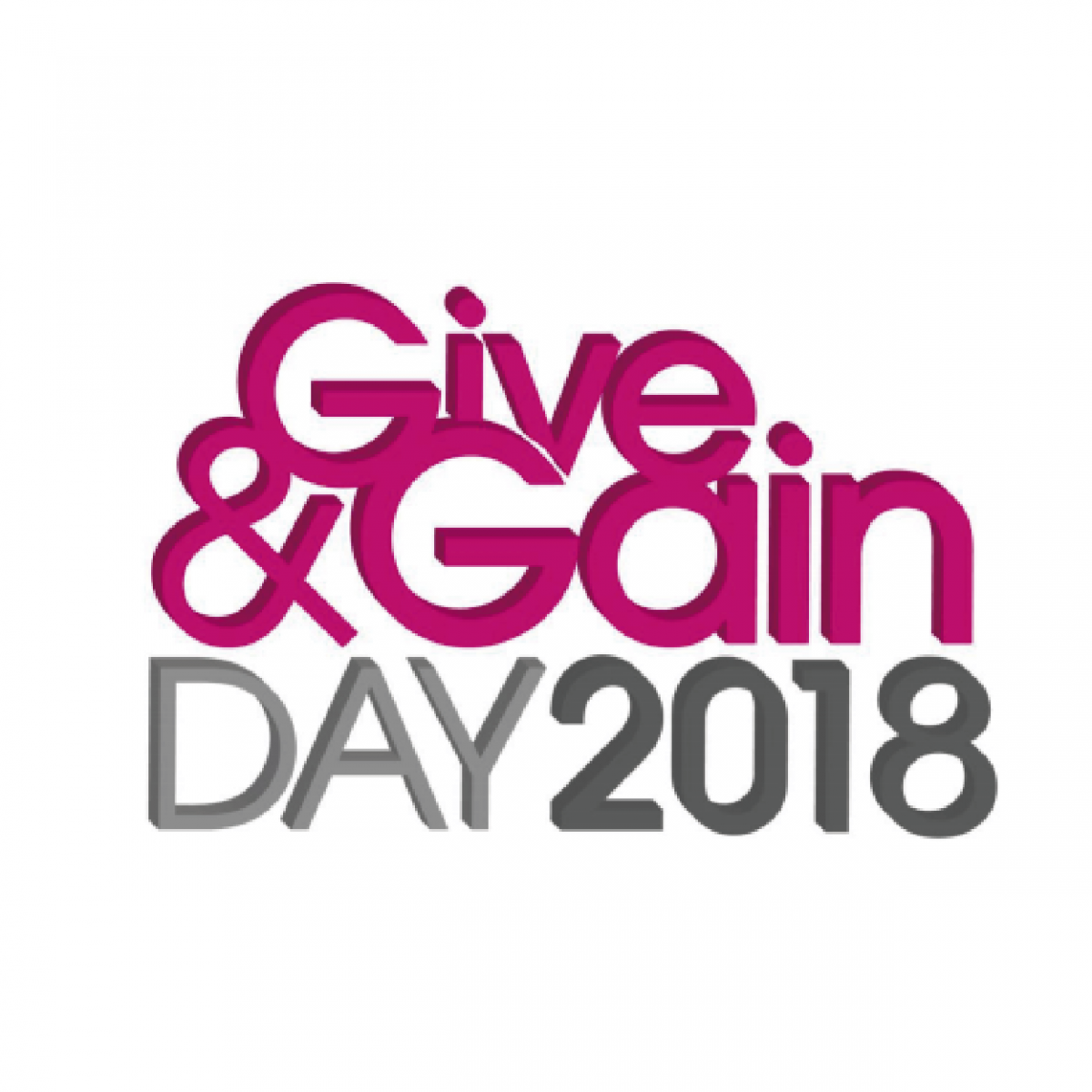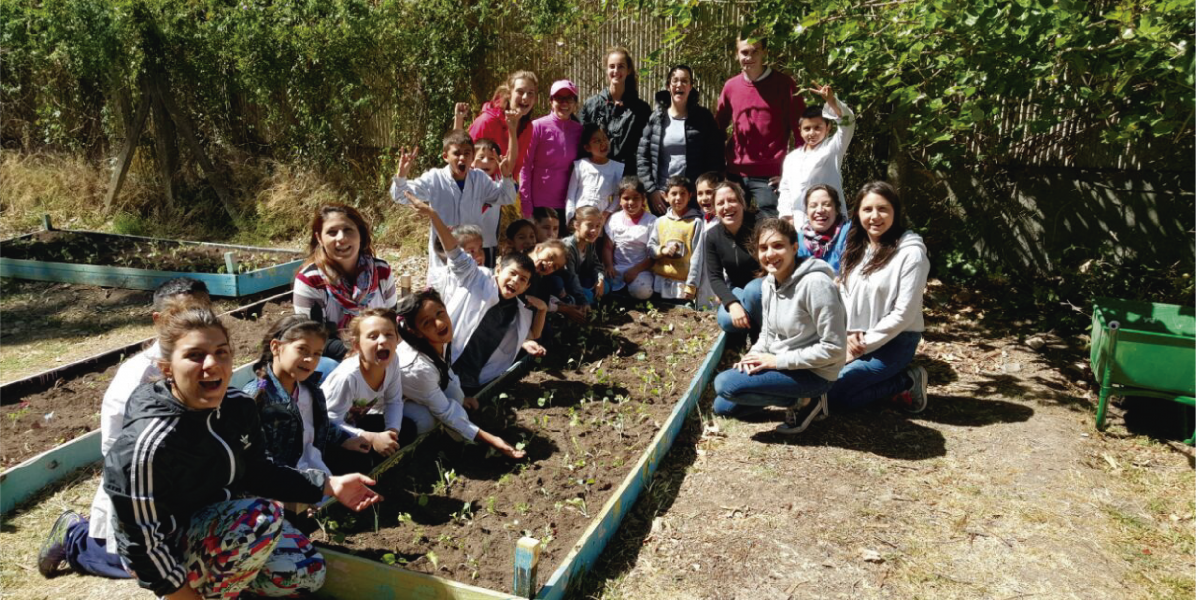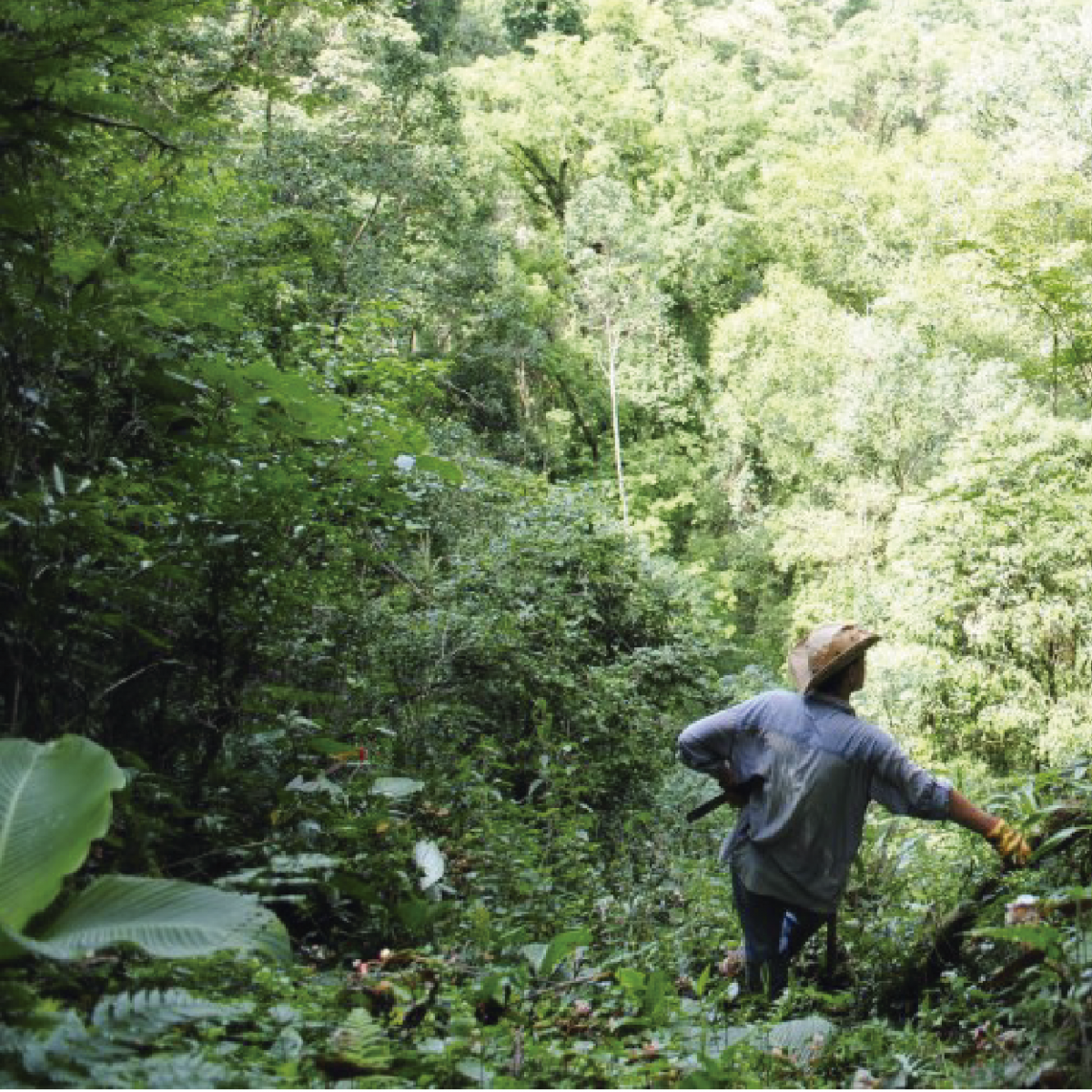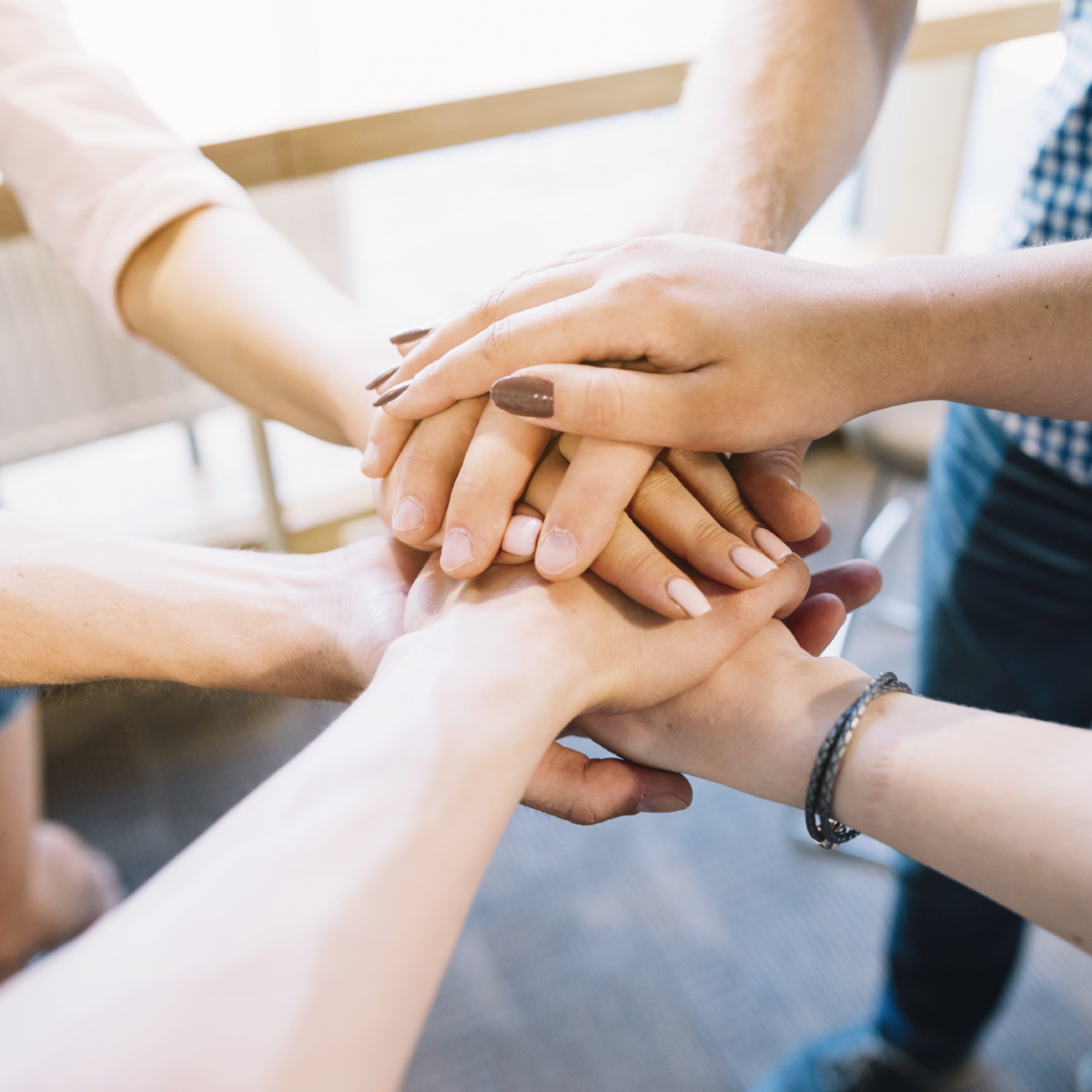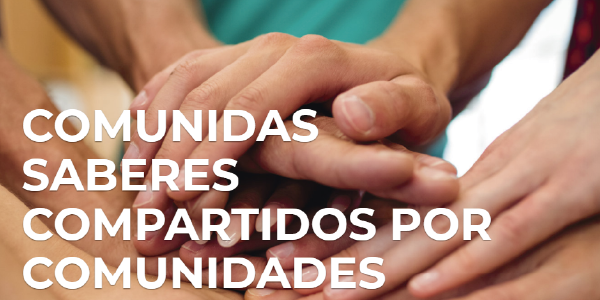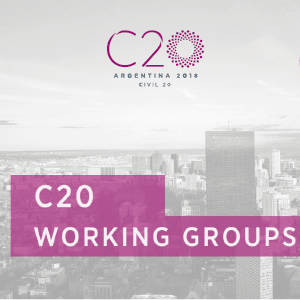This year we set as a goal to share the work done by members of the Network. For this reason, this month we interviewed Marta Lescano, President of FEPAIS Foundation. ‘The organization was founded in 2011 to promote Positive Coexistence in society through Education in values. Its mission is to educate by supporting communities and Civil Societies Organizations (CSO) in the management of participatory projects and proposals for proactive social integration,. This is accomplished by an education in values for a healthy positive coexistence that promotes mutual respect and social responsibility and working in teams with the actors involved to detect and resolve conflicts, thus empowering communities for their transformation’she told us.
On the other hand, she added that the organization has a national scope with the objective of ‘giving and supporting diverse initiatives focused on positive coexistence, with diversity of groups that include public and private schools, public institutions, civil organizations, enterprises, unions and community spaces’.
Marta also expressed the Foundation’s core ideas: respect for diversity, teamwork, nonviolent communication, coexistence agreements and care for the environment. Various workshops based on these ideas are available:
- Environmental Promoters PAC-Communitarian (Promotores Ambientales Comunitarios-PAC) (Ecology + coexistence): The objective is to promote the awareness, the development and the sustainable exercise of an education in values, regarding care for the environment based on the creation and the implementation of concrete projects in the community.
- The Coexistence Circle (La Rueda de la Convivencia)(Relation + coexistence): Directed to educational organizations. It focuses on the facilitation of teaching – learning processes and on the promotion of a healthy institutional environment.
- Coexisting in Existing (Convivir Viviendo) (Relation + coexistence):Directed to non-educational organizations: companies, groups and the community in general. It focuses on the promotion of healthy environments through a culture of peace.
Both “The Coexistence Circle” and the “Coexisting in Existing” workshops concentrate on the construction and the implementation of strategic responses to solve coexistence issues through detection, management and suggestions of a peaceful resolution of conflicts, based on an education in values and on the development of social abilities.
- Assistants for the Healthy Life – AVISA (Asistentes para la Vida Saludable) (Health + coexistence): Based on the promotion of healthcare consciousness, considering it as an integration between body, mind and responsible behaviour. It seeks that every social actor to acquire consciousness and autonomy regarding his personal care, as well as to be a replicator of healthy practices as a model for others.
- Generate (Generar) (Gender perspective + coexistence): It is aiming at raising awareness of gender issues, as well as at acquiring tools for self esteem and strengthening connections. It provides strategies and communitarian politics for the promotion and the prevention of issues related to gender and violence. This project contains material from the Woman’s Office, of the Supreme Court of Justice of the Argentinian Nation with the support of the UNO Women, along with other organizations.
With regards to why they decided to join the Network, Marta mentioned that ‘the objective of Education for Coexistence brought us closer to the work that RACI does as a Federation composed of more than 130 CSO, which enables the sharing of experiences and results between organizations within the country with both local and international agents available to invert financial and social capital for the development of the country”
She added that ‘it is essential for any organization to have spaces for inter-institutional dialogue, for learning and updating, as well as an environment that collaborates in the management of resources and knowledges to promote in a sustainable way the transformations a country needs. Being part of a community that enables us to grow up and strengthen seems to us to be key,which is why we find in RACI a fundamental pillar in order to continue to share experiences, to learn and professionalize our practice along with others.’
As for the balance they can do as partners, the FEPAIS President expressed it is highly positive because it enables them to learn about the work of other organizations’, to deepen their work by forming networks with various CSO of the country, participate in workshops and events, and to connect with local and international agents. ‘For the FEPAIS Foundation, being a partner implies counting on a highly professionalized network that listens and channels concerns and is willing to offer its knowledge, experience and time so that member organizations continue to grow in order to achieve its objectives. Through the experience of these shared years, we encourage other organizations to join RACI to strengthen themselves and to contribute to the social transformation of Argentina through collective and plural spaces’, she added.
We thank Marta for having joined and participated in this space. If you want to know more about FEPAIS, you can visit their website www.fundacionfepais.org.ar. If you are a RACI Partner and you wish to be part of this section, send us an email at socios@raci.org.ar.

